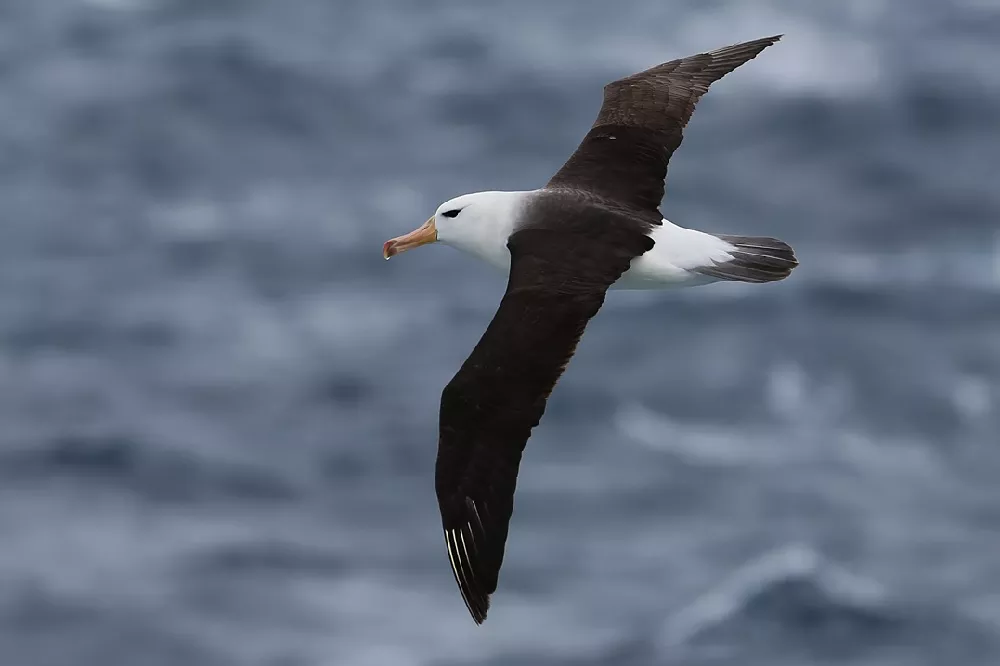The albatross is a beautiful and fascinating seabird that captures the imagination of many people. Known for their impressive wingspan and incredible ability to travel long distances, these birds are truly remarkable creatures. But where do albatross live? In this article, we will explore the natural habitat of albatrosses and learn more about their unique characteristics.
Introduction to Albatrosses
Albatrosses are large seabirds that belong to the family Diomedeidae. There are 22 different species of albatrosses in the world, and they are found primarily in the Southern Ocean and the North Pacific Ocean. These birds are known for their long, narrow wings, which enable them to cover vast distances over the sea without expending a lot of energy.
Natural Habitat of Albatrosses
Albatrosses spend the majority of their lives at sea, where they feed on fish, squid and other marine organisms. They come ashore only during breeding season, which varies by species and location. Some albatrosses breed annually, while others breed biennially or even triennially.
Albatrosses are found throughout the Southern Ocean, with some species breeding on subantarctic islands and others breeding on remote islands in the open ocean. The wandering albatross, one of the largest species of albatross, breeds on South Georgia Island, the Crozet Islands, and the Kerguelen Islands. The royal albatross breeds on the Chatham Islands and the Campbell Islands, both of which are located off the coast of New Zealand. The black-browed albatross is found on a number of islands in the Atlantic and Indian Oceans, including the Falkland Islands, South Georgia, and the Kerguelen Islands.
In addition to the Southern Ocean, albatrosses can also be found in the North Pacific Ocean. The Laysan albatross breeds on the Hawaiian Islands, while the short-tailed albatross breeds on islands off the coast of Japan.
The Importance of Albatross Conservation
Although albatrosses are amazing birds, they face a number of threats in the wild. One major threat is commercial fishing, which can result in accidental bycatch of albatrosses and other seabirds. Albatrosses are also threatened by habitat degradation, pollution, and climate change.
To address these threats, many conservation organizations are working to protect albatrosses and their habitats. For example, the Agreement on the Conservation of Albatrosses and Petrels (ACAP) is an international treaty that aims to reduce bycatch and protect albatrosses and other seabirds. Other organizations, such as the Royal Society for the Protection of Birds (RSPB) and the BirdLife International Partnership, are working to raise awareness about the importance of albatross conservation and to promote sustainable practices in fishing and other industries that affect albatross habitats.
Conclusion
In conclusion, albatrosses are remarkable birds that inhabit some of the most remote and inhospitable regions of the world. They spend most of their lives at sea, where they are adapted to survive and thrive in challenging conditions. Although they face a number of threats in the wild, there are many dedicated individuals and organizations working to protect these beautiful birds and their habitats. By supporting efforts to conserve albatross populations, we can help ensure that these fascinating creatures continue to soar over the oceans for generations to come.


 Facebook
Facebook  Instagram
Instagram  Youtube
Youtube 